Moments in Maldives
In preparation for this trip, I have been researching, and studying the ways of the Maldivians, in order to not come off as an ignorant tourist upon my arrival. Diligently I've been looking through books, magazines, web articles, and almanacs which have each given me a greater sense of the culture I'm casting myself into.
I will write all of it down, for referencing purposes...and just because it's something cool to know.
History
The history of Maldives involves the heavy hand of religion. Constantly, rulers have invaded the atolls in hopes of converting the natives. Traditionally, the Maldivians were Hindus, seeing how they were created by the nomads of Sri Lanka, and India, where Hinduism is heavily practiced. Up until the 5th century, the 200 Maldivian islands were ruled by these nomads. Quickly, the European, African, as well as Asian world took notice of the Maldives, seeing its importance in several trade routes.
Ashoka the Great was one of the first to take notice. From 265-232 BCE, this Mauryan Emperor conquered the islands, claiming its riches, and people for himself. It is
kendalllowe12
6 chapters
16 Apr 2020
Learning at the Library
Cumberland County Library
In preparation for this trip, I have been researching, and studying the ways of the Maldivians, in order to not come off as an ignorant tourist upon my arrival. Diligently I've been looking through books, magazines, web articles, and almanacs which have each given me a greater sense of the culture I'm casting myself into.
I will write all of it down, for referencing purposes...and just because it's something cool to know.
History
The history of Maldives involves the heavy hand of religion. Constantly, rulers have invaded the atolls in hopes of converting the natives. Traditionally, the Maldivians were Hindus, seeing how they were created by the nomads of Sri Lanka, and India, where Hinduism is heavily practiced. Up until the 5th century, the 200 Maldivian islands were ruled by these nomads. Quickly, the European, African, as well as Asian world took notice of the Maldives, seeing its importance in several trade routes.
Ashoka the Great was one of the first to take notice. From 265-232 BCE, this Mauryan Emperor conquered the islands, claiming its riches, and people for himself. It is
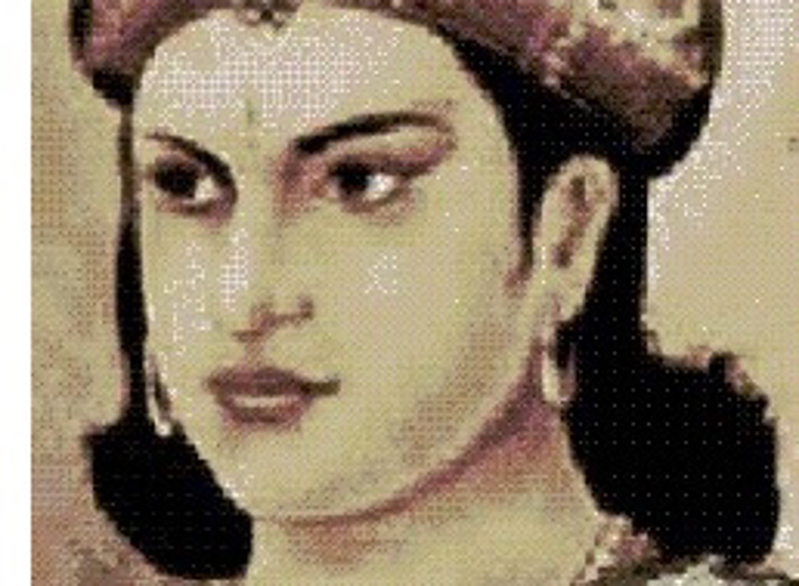
here, that Buddhism became prominent in the Maldivian culture.
In the 10th through 12th centuries CE, sailors from Arabia and East Africa began to dominate the Indian Ocean trade routes around the Maldives. The sailors and traders brought a new religion with them, Islam, and had converted all of the local kings by the year 1153.
After their conversion to Islam, the formerly Buddhist kings of the Maldives became sultans. Until 1887 the sultans ruled Maldives, under the law of Islam (and the British imperialists). Throughout the early, and mid 1900s, the Maldives experimented with presidencies. The experiments ultimately failed, however, and led to many a exile and execution.
Finally, in 1965 Maldives declare its independence from Britain, hence establishing a governmental system of their own, minus the workings of foreigners and sultans. To this day, their economy and
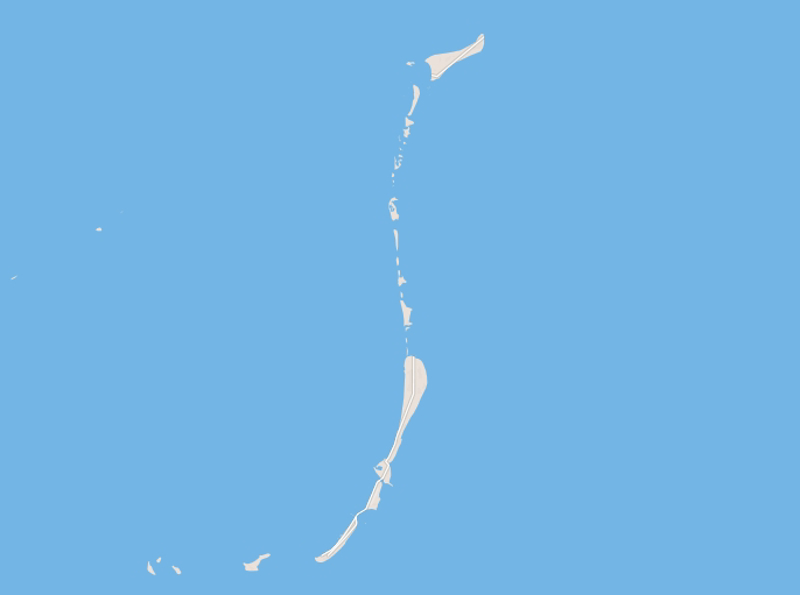
political bases have suffered greatly due to their corrupt, and unorganized Second Republic.
Religion
The islands of Maldives are under strict Islamic rule, meaning that other religions are not tolerated nor accepted, and will be eradicated. Due to the constant threat of impending death, (basically) all of the country is Sunni Muslim.
Also, because of their followings, the law is overshadowed by the Islamic faith. Traditions are carried out, and certain groups are undermined, also because of this faith. Women, for instance, are not allowed to vote nor have any rights, due to the views of women based upon their holy book.
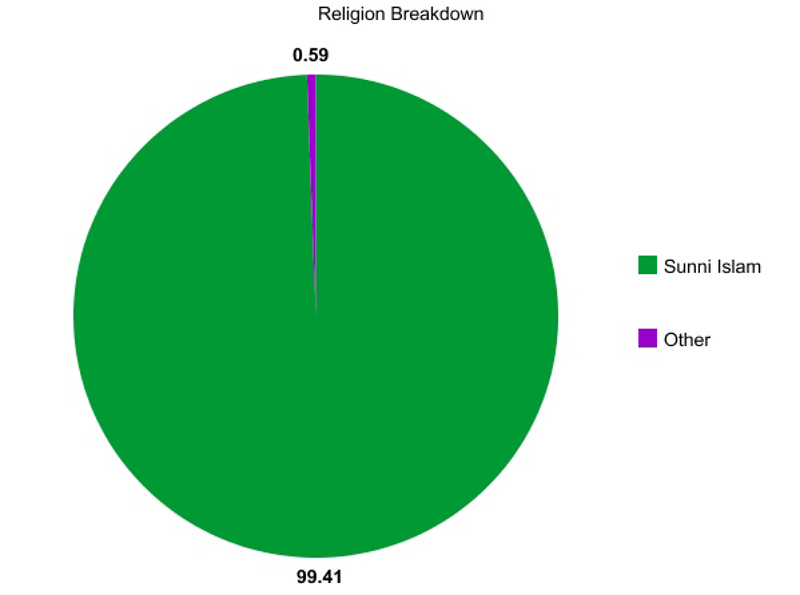
Population
Maldives is inhabited by 393,988 people. Maldives has a negative population growth rate of -0.11 percent and a birthrate of 15.38 births. Life expectancy is rated at 72 years for males and 77 years for females.
Ethnicities
Due to their imperialistic past, the Maldives are comprised of many people whom vary in ethnicity, and race. Generally, the people are a mixture of Sinhalese, Dravidian/Indian with Arab/African/Negrito influence.
(In reference to the people, they are said to be very hospitable yet hostile when they feel as if their livelihood, or religion is being threatened. The Maldivians are taught to respect their elders, as well as grow in the ways of the Qur’an. Large families are common, and looked upon highly as this shows wealth or status of some sort.)
Language
The official and language in Maldives is Dhivehi. Spoken by the entire population, Dhivehi is an Indo-European language similar to the ancient Sinhalese language and uses a script derived from Arabic. English is widely used in commerce, schools, and by government officials.
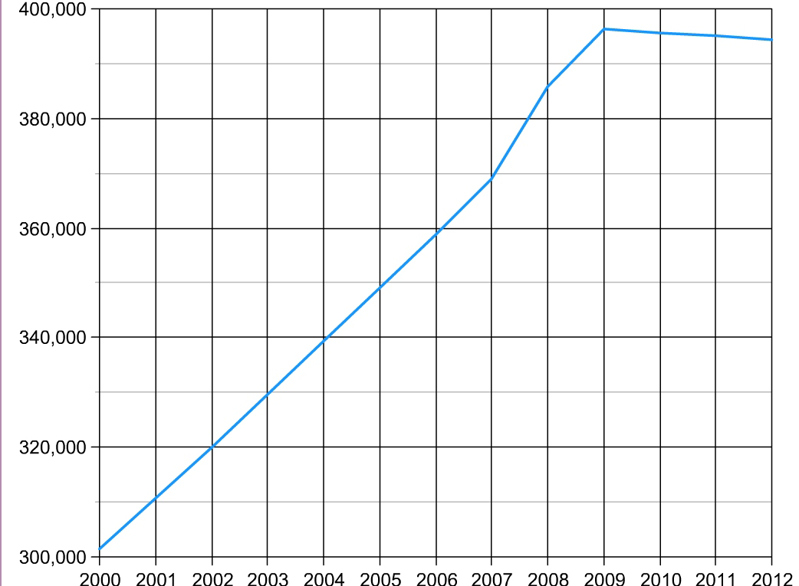
Literacy Rates
Although classified as a poor, undereducated country, Maldives' literacy rates are outstanding, with males at 99.8% and females at 98.8%. This means that (specifically) Maldivians ages 15 and older can read, and write in basic terms.
Geography
The Maldives, a group of about 1,200 islands, separated into a series of coral atolls, is just north of the Equator in the Indian Ocean. Only 200 of the islands are inhabited. Each of the islands surround themselves with white, sandy beaches held by tall palms, enclosed by blue lagoons. The climate remains relatively the same year long, featuring hot suns, and humid air.
Some islands are also filled with dense underbrush, and jungles
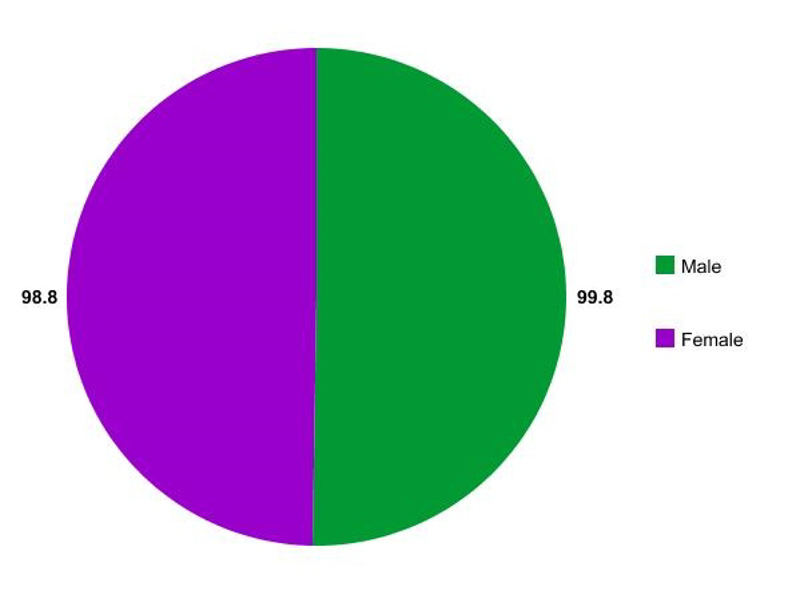
teeming with native animals. Because of their location, however, the Maldives are always under the threats of tsunamis or monsoons.
Currency
The Maldivian currency is the Rufiyaa and Laaree. One Rufiyaa is equivalent to 100 laarees.
Economy
The Maldives economy has been growing at an annual average of 10% for the past two decades. Tourism is the main industry. Fisheries and trade follow close behind.
-Whew I learned a lot, well Ii better get home and finish some last minute packing because the big trip is tomorrow! I'm so EXCITED!
Hijabs...check, tiger repellent....check, polaroid camera...check
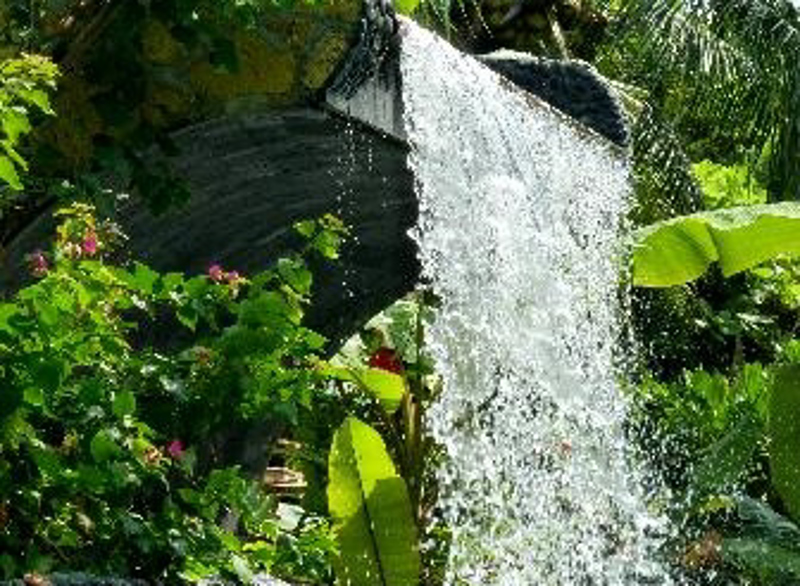
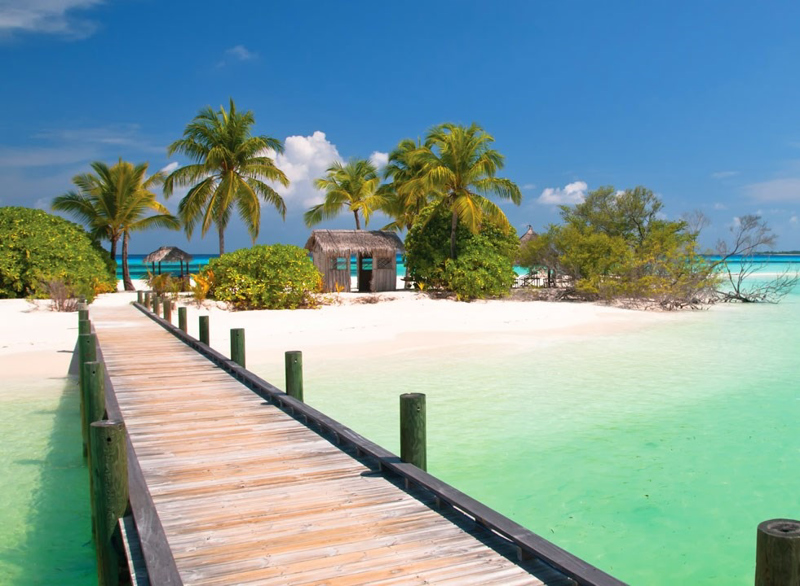
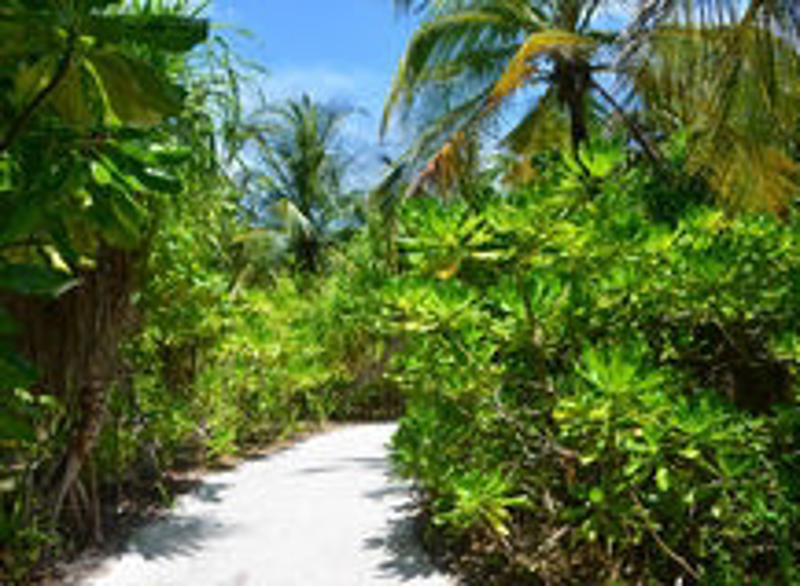
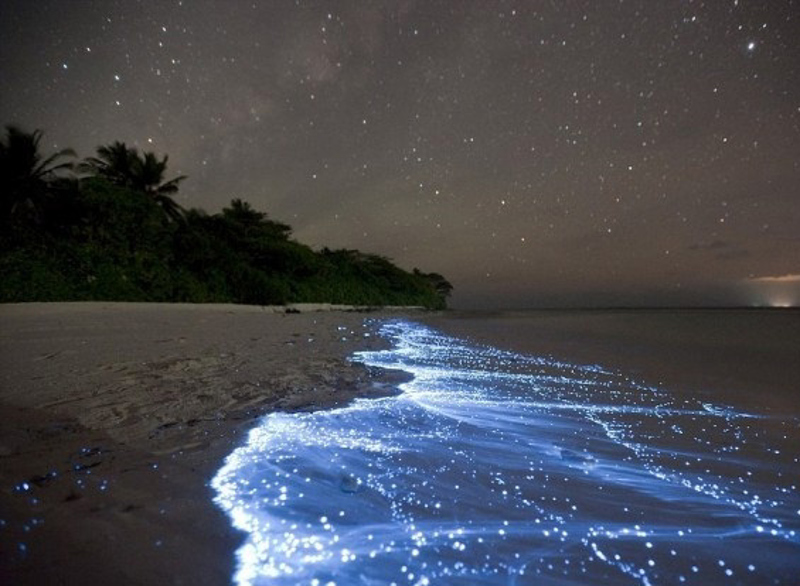
Share your travel adventures like this!
Create your own travel blog in one step
Share with friends and family to follow your journey
Easy set up, no technical knowledge needed and unlimited storage!
© 2025 Travel Diaries. All rights reserved.